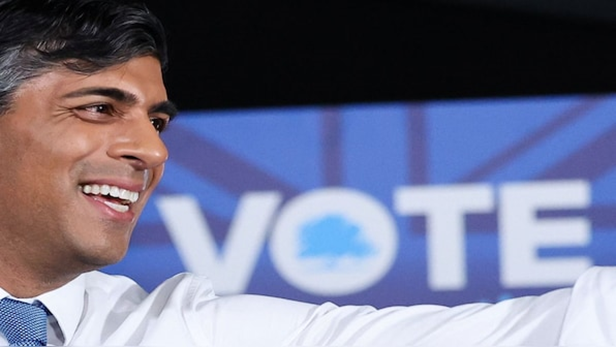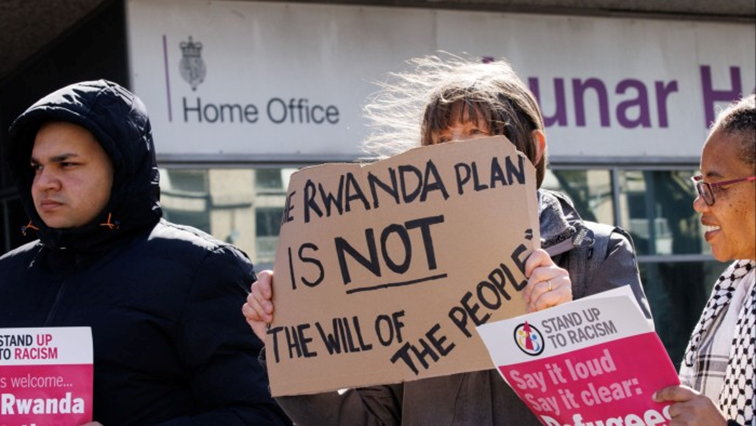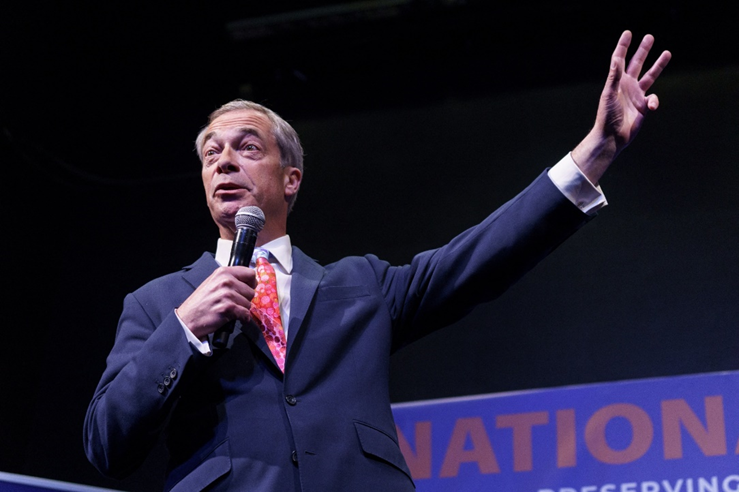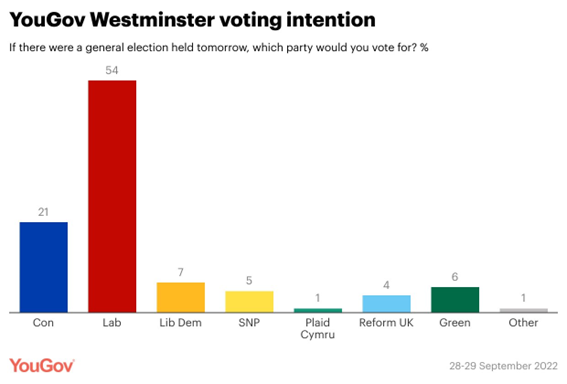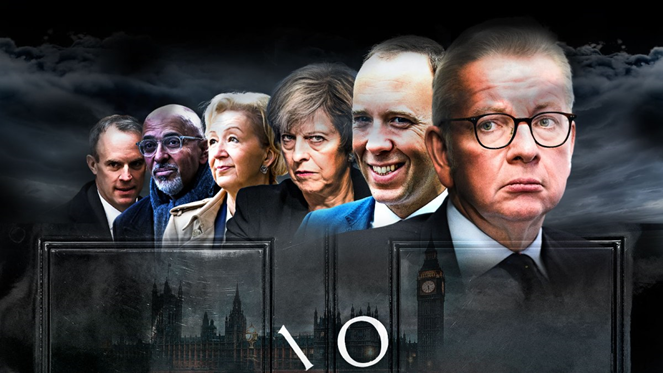United Kingdom Prime Minister Rishi Sunak has called an early general election for July 4, leading to a significant political shakeup within the Conservative Party. At least 78 Conservative Members of Parliament (MPs) have announced their decision not to stand for re-election.
Rishi Sunak Called For Early Elections
Why In News
- United Kingdom Prime Minister Rishi Sunak has called an early general election for July 4, leading to a significant political shakeup within the Conservative Party. At least 78 Conservative Members of Parliament (MPs) have announced their decision not to stand for re-election.
- Most recently, key cabinet ministers Michael Gove and Andrea Leadsom both released statements on Friday evening, explaining their decisions to leave politics. This letter was also shared by Gove and Leadsom on their respective social media pages.
All You Need To Know
- Over the past few months, the UK under Sunak’s prime ministership has seen several ‘positive’ developments that Sunak has repeatedly spoken about. These include a drop in inflation, a return to economic growth (even if limited), lower net migration and the Rwanda deportation scheme becoming law. Analysts believe Sunak’s gamble seeks to leverage these ‘positives’ to maximise the Tories’ electoral chances.
- This is especially so because tougher times might beckon in the coming months. “There are fears, though, that with more and more people coming off cheap fixed-term mortgages and seeing an increase in their monthly payments, and with the small boats crisis showing little sign of abating, the bad news could outweigh the good if Mr Sunak waits until the autumn,”
Economics Behind Decision
- Many argue that at the core of the decision to go to early polls is the UK’s economic trajectory.
- UK’s Office of National Statistics announced that inflation reduced to a three-year low of 2.3%, just above the Bank of England’s 2% target, and well below the 11% high at the end of 2022.
- GDP data also showed that the UK had returned to a nominal 0.6% growth rate in the first quarter, after coming under a technical recession in 2023.
- “It may be that, in terms of the economy, this is the best time for the Conservatives to take the fight to the Labour party, especially as Labour’s offer hinges around the promise of economic stability,” economist John Bryson wrote for The Conversation.
- “As such, the Conservative party can claim there is evidence the UK has already reached a time of economic stability that provides a platform for growth. Vote for us, they say, and we’ll build on this work,” he wrote.
- Indeed, economic growth has been central to Sunak’s election pitch. “Our economy is growing faster than anyone predicted … who do you trust to turn that foundation into a secure future for you and your family?” he said during his announcement, adding that voters could choose whether to “build on the progress we have made – or risk going back to square one”.
- Moreover, August’s budget was nevertheless unlikely to be ‘spectacular’ from the Tories’ point of view. A spree of big spending commitments by Sunak’s government — including an increase in defence spending and multi-billion pound compensation packages for the victims of the infected blood scandal and the Post office scandal — have left little room for tax cuts or anything else. As one Tory insider told The Daily Telegraph: “If you haven’t got any money to give away before the election, what are you waiting for?”
Other Factors: Farage, Internal Tory Politics
- Another reason for going early is the threat posed to the Tories by Nigel Farage and his far-right Reform Party. The party has already made some serious inroads into the Tory vote in recent years, and analysts believe a later election date would have helped Farage.
- As things stand right now, Farage has decided not to run in the upcoming UK elections, seemingly vindicating Sunak’s call. “I will do my bit to help in the campaign, but it is not the right time for me to go any further than that,” Farage wrote in a statement.
- “Important that the general election is, the contest in the United States of America on November 5 has huge global significance,” he wrote. In recent months, Farage has been campaigning for his ‘buddy’ Donald Trump, appearing in US talk shows and other events.
- That being said, Reform will nonetheless pose a challenge to the Tories, especially in 30-odd seats. Under the leadership of Richard Tice, the party is expected to win more than 20% of the vote in a series of constituencies across England’s North and Midlands and thus deny the Tories these seats, latest YouGov data indicate.
- For the Tories, the announcement of an early election also sought to pause internal conflict within the party and plug the steady flow of defections witnessed in recent months. So far, this strategy has not paid off with 78 more Tory MPs resigning (choosing not to stand for re-election) following the election announcement.
- For Sunak personally, there is something to be gained as well. After the Tories’ abysmal performance in March’s local elections, many within the party wanted to get rid of him. And while he is in a better position now, especially given the country’s economic upturn, there is no guarantee that this will last.
- Ultimately, the Conservatives, who have been in power nationally since the 2010 general elections, are still likely to lose the election. Sunak’s recent bet is simply about making the best of a bad situation.

